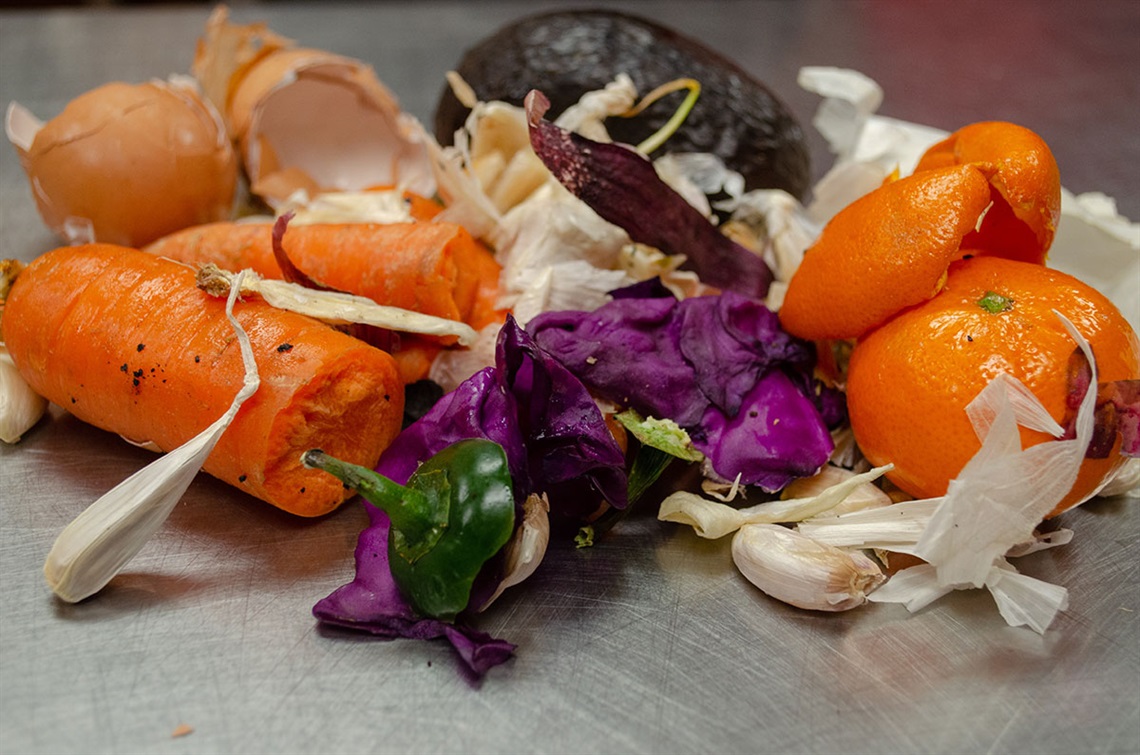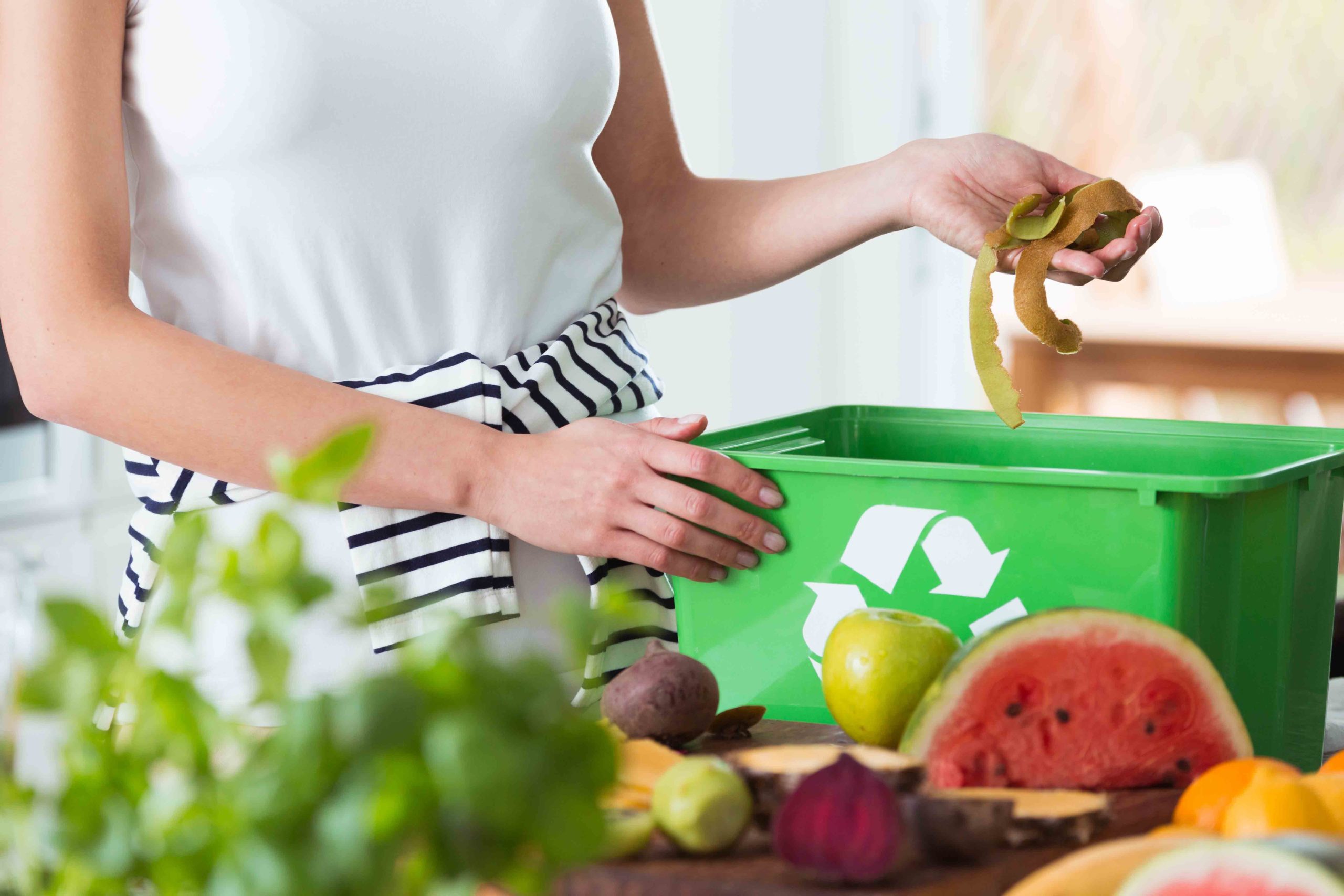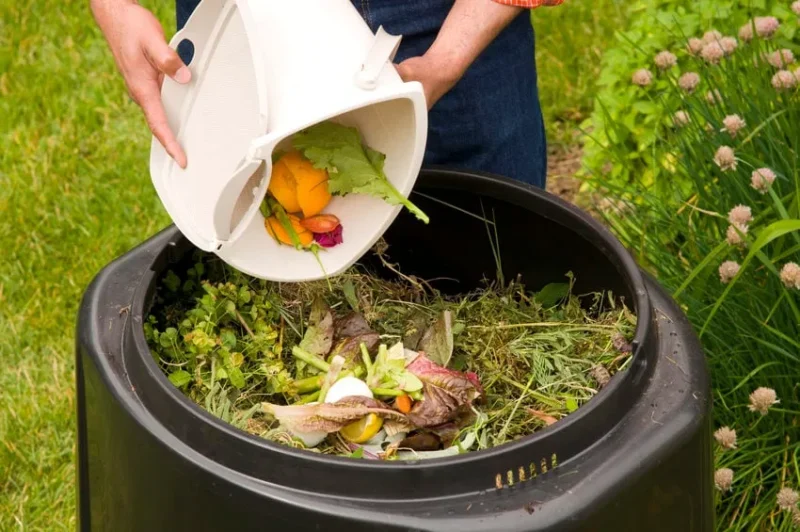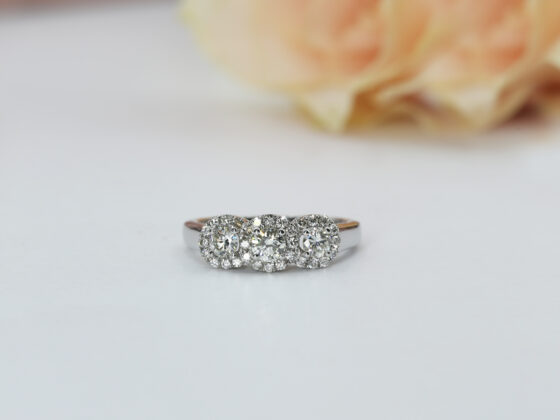Composting is an increasingly popular way of reducing food waste and helping the environment. It’s a great way to reuse scraps that would otherwise be thrown away, but there are some important dos and don’ts when it comes to composting etiquette.
Knowing what items can and cannot be composted, how to properly store organic materials safely, and having respect for your neighbor’s space are all key elements of being a responsible composter. With these tips in mind, anyone – from beginner composters to experienced veterans – can ensure their efforts are making a positive impact on the environment while still abiding by basic rules of respectful behavior.
What Can and Cannot be Composted
When it comes to composting etiquette, understanding the dos and don’ts of food waste is essential. Composters need to know what can and cannot be composted to create a healthy environment for their compost bin or pile.
Many organic materials are suitable for composting, such as fruit and vegetable scraps, coffee grounds, tea bags, egg shells, grass clippings, leaves, and garden cuttings. However, some items should not be added to your compost pile or bin including meat products (including bones), dairy products such as butter or cheese; any type of fat; animal manure; diseased plant material; pet droppings; coal ash/charcoal briquettes; plastics or metals.
In addition to knowing which items can safely go into a composter bin, it is also important that you chop up all materials before adding them – this helps speed up the process of decomposition by allowing more surface area for microbial activity. Finally, make sure you turn over the contents every few weeks so that air can get in and help break down the organic matter faster!
When and Where to Deposit Your Food Waste

Depositing food waste in the correct area of your compost bin is essential for successful composting. Most home composters have two sections: one for yard trimmings, such as leaves, grass clippings, and small sticks; and a separate section reserved exclusively for organic kitchen scraps.
It’s important to note that meat, dairy products, oils, and grease should never be added to a compost pile. Kitchen scraps include fruit and vegetable peels or cores; eggshells; coffee grounds (including filters); tea bags (without staples); breads or cereal grains; pasta; nuts shells; and other food items such as wilted flowers from edible plants or herbs.
If you are unsure about whether an item can be added to the bin safely always check with local guidelines before adding it. Additionally, make sure that your composter is covered at all times so animals cannot get into it! By following these simple steps you will ensure that your food waste is being properly deposited into the right composter location which will help create nutrient-rich soil in return.
Tips on Minimizing Unpleasant Odors While Composting
Composting is an excellent way to reduce food waste and put your kitchen scraps to good use. But when it comes to composting, unpleasant odors can be a problem.
Here are some tips for minimizing them: 1. Store the compost in an airtight container or bin with a lid that fits snugly over it, and keep the bin away from direct sunlight and heat sources like radiators or water heaters.
2. Keep the compost damp but not too wet – add water if needed so that it has enough moisture but isn’t saturated with liquid.
3. Make sure there is plenty of airflow around your compost by using open-weave bins or containers with holes drilled in the sides, rather than sealed plastic bags which can become airless very quickly and start producing foul smells as gases build up inside them.
4. Try adding shredded newspaper or cardboard into your compost to absorb excess moisture while maintaining necessary aeration levels at the same time; you could even place a layer of these materials on top of your compost between layers of food waste for added benefit! 5.
Finally, regularly turning over your compost will help provide more oxygen which helps break down organic matter quicker (and therefore reduces odor). With regular attention, you should have no trouble keeping bad smells at bay!
Maintaining a Clean Environment Around the Composter

Maintaining a clean environment around composters is essential for keeping them safe and healthy. It’s important to keep the area free of debris, weeds, and other unwanted items that may interfere with the composting process.
Additionally, it’s important to make sure you dispose of food waste properly when adding it to the composter or bin to prevent pests or animals from being attracted. Taking simple steps such as using biodegradable bags for food scraps can help avoid messes while making sure all organic materials are disposed of appropriately. While disposing of food waste, try not to overcrowd the composter as this can lead to an improper breakdown of matter and can also attract bugs or rodents if left unchecked.
Regularly turning/mixing your compost pile will help maintain a clean environment and allow airflow throughout which helps speed up the decomposition process significantly! Lastly, always remember that proper hygiene practices must be observed when handling any organic material at all times.
Conclusion
Composting is a great way to reduce food waste and create nutrient-rich soil for your garden. It’s important to follow proper composting etiquette so that you can get the best results out of your composter.
Knowing what items are safe to add, how often they should be emptied, and where they should be placed are all key components of successful composting. With the right knowledge and equipment, such as a dedicated composter, you’ll have healthy soil in no time!



